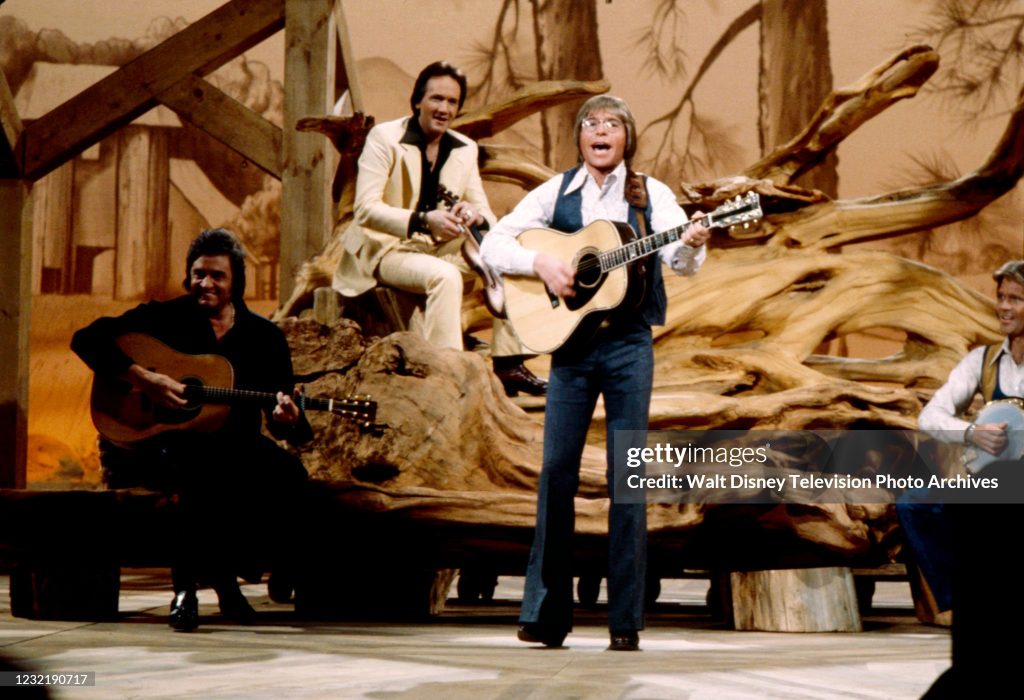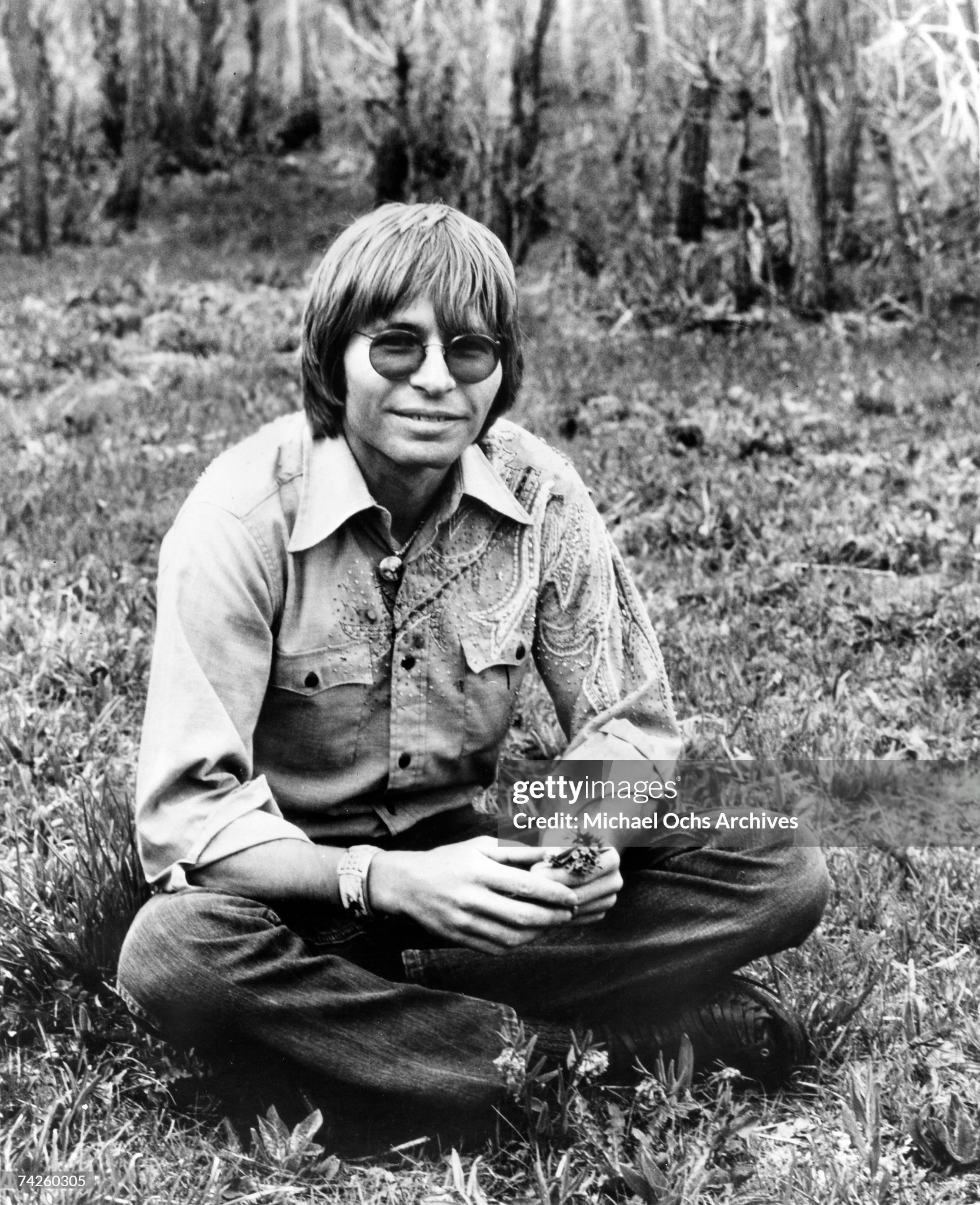
A Tribute to the Spirit of Exploration and Nature’s Majesty
In the pantheon of songs that evoke a profound sense of wonder and adventure, few can rival John Denver’s “Calypso.” Released in 1975 as part of the album Windsong, this track stands as a heartfelt homage to the eponymous research vessel and its legendary captain, Jacques-Yves Cousteau. At its core, “Calypso” is a celebration of the human spirit’s indomitable quest to explore the unknown, an ode to the beauty of our natural world, and a clarion call to preserve it for future generations.
When “Calypso” made its debut, it resonated deeply with audiences, climbing to number two on the Billboard Hot 100 chart. This ascent was not merely a testament to its catchy melody or Denver’s evocative voice but was emblematic of a broader cultural movement during the 1970s. During this era, there was a growing awareness and appreciation for environmental conservation and a renewed interest in exploring the marvels of our planet. Denver’s tribute to Cousteau tapped into these sentiments, capturing the imagination of listeners who yearned for connection with nature and adventure.
The story behind “Calypso” is as rich and compelling as the song itself. John Denver, known for his love of nature and advocacy for environmental causes, found inspiration in Cousteau’s pioneering work in oceanography. The vessel Calypso was more than just a ship; it was a symbol of exploration, discovery, and humanity’s relationship with the sea. Cousteau and his crew embarked on numerous voyages across the world’s oceans, uncovering secrets beneath the waves and sharing their findings through captivating documentaries that brought oceanic wonders into living rooms across the globe.
In crafting “Calypso,” Denver sought to capture not only the majesty of these explorations but also their emotional resonance. The song opens with a gentle yet uplifting melody, echoing the rhythmic ebb and flow of ocean tides. As Denver’s voice soars through the chorus, one can almost feel the salt spray on their face, standing on deck alongside intrepid explorers peering into uncharted waters. His lyrics paint vivid images of dolphins leaping joyfully through sunlit waves and schools of fish shimmering like underwater rainbows—a vivid reminder of nature’s splendor.
Yet beneath its surface beauty, “Calypso” carries a deeper message. It is a call to action—a plea for stewardship over our planet’s fragile ecosystems. As Denver sings about “the places you’ve been to,” he invites listeners not only to marvel at these wonders but also to take responsibility for preserving them. This duality—of appreciation paired with duty—is what gives “Calypso” its enduring power.
For many older listeners revisiting this classic tune today, there is an undeniable sense of nostalgia woven into every note. It harks back to an era when society first began grappling with environmental issues on a global scale—a time when pioneers like Cousteau inspired millions by showing them what lay beneath Earth’s blue surface. Listening now can evoke memories both personal and collective: perhaps recalling Sunday evenings gathered around television sets watching The Undersea World of Jacques Cousteau, or family road trips soundtracked by Denver’s earnest voice emanating from car radios.
In an ever-changing world where technological advancements often overshadow simple pleasures found in nature’s embrace, revisiting “Calypso” offers solace—a reminder that while progress is essential, so too is preserving those untouched corners where magic still thrives unseen yet profoundly felt.
Ultimately, John Denver’s “Calypso” endures because it speaks universal truths about curiosity, reverence for life’s mysteries both great and small—and above all else—the importance maintaining harmony between humanity and our shared home planet Earth—a legacy worth celebrating now more than ever before.
